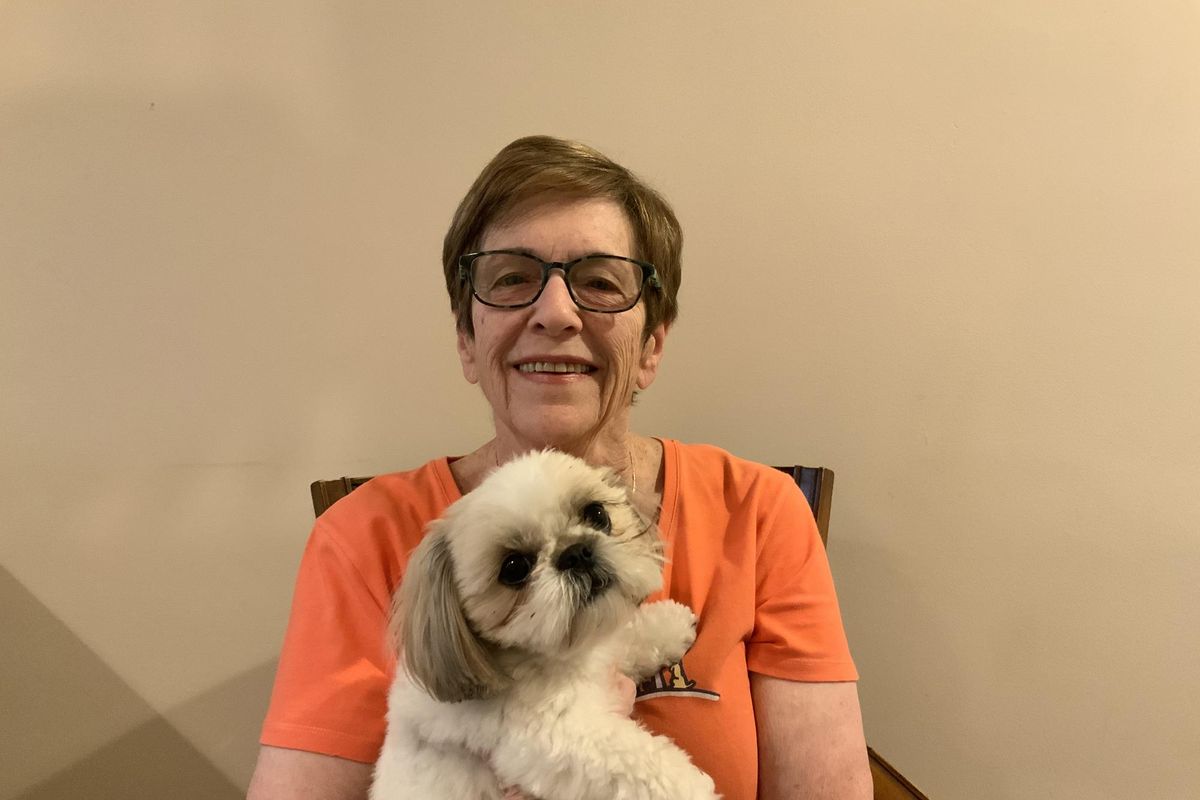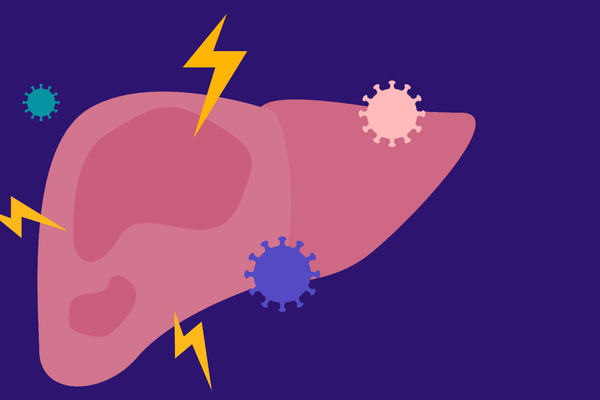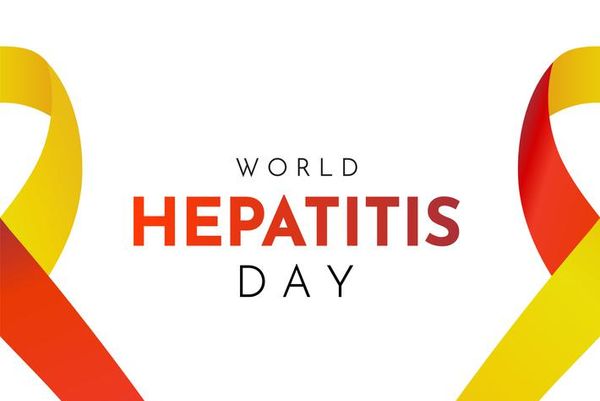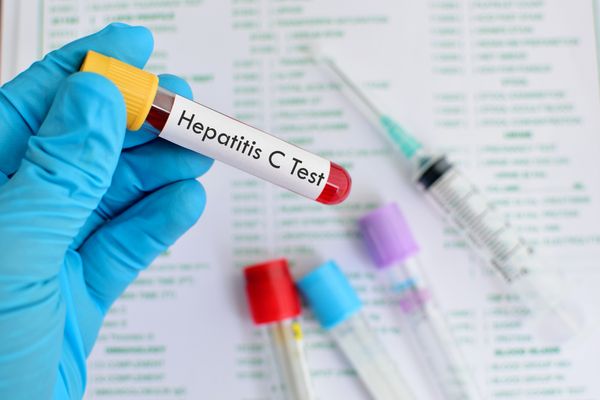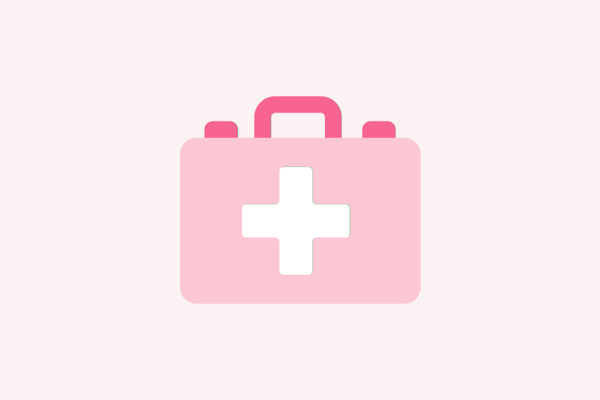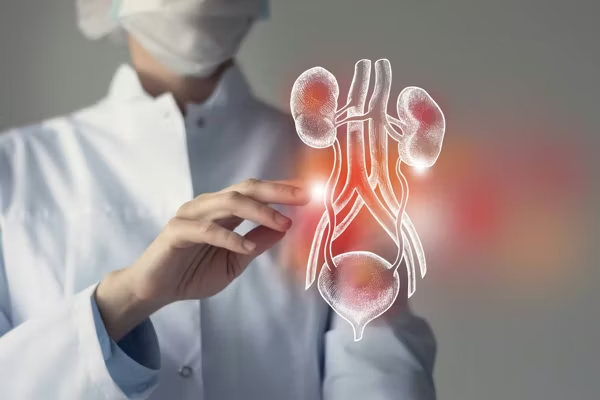As told to Erica Rimlinger
First graders have a lot of energy, and their teachers need to keep pace. I could keep up in those days, the 1960s through the ’80s, but that’s about all I could do in one day. After teaching, I’d come home and sleep, soundly and deeply, until my husband got home from work at 6 p.m. I never felt sick. I just felt tired, and a tired working mom is hardly unique.
I knew my colleagues got tired too, but they stayed awake after work. They picked up their kids, went shopping or went out. I figured I was getting old, maybe a little faster than they were. Because of my fatigue, my husband did a great deal of the housework and took on more responsibilities with our two children. He boarded a commuter train to Manhattan at 7 a.m. each morning and arrived home each night in time to cook dinner.
A sore throat brought me to the doctor in 1991. I must have found it remarkably annoying, because I’ve always hated going to the doctor. “Your liver is enlarged,” the doctor told me. “I want to test you for hepatitis C.” What did this have to do with my sore throat? This is why I hated seeing the doctor: tests and stress that were certain to be unnecessary. I didn’t have hepatitis C. That was a disease contracted through blood, and that had nothing to do with me.
But anytime infected blood enters the bloodstream of an uninfected person, transmission is possible, and I’d had a blood transfusion after I was in a terrible car accident decades earlier.
The bloodwork, and then a liver biopsy, showed it did have something to do with me, after all. I had hepatitis C, and, in fact, I’d had it for so long I was experiencing stage 4 liver disease. I was not a tired, first-grade-teaching mom: I was a tired, first-grade-teaching mom with cirrhosis. I tried to recall if I’d had any warning signs before this diagnosis. I remember being told my liver enzymes were elevated sometime in the ’70s, but they’d gone back to normal when retested.
My medical team recommended I try the medication available at the time, which cured between 30% and 40% of patients and had side effects similar to chemotherapy. I experienced headaches, even more profound fatigue, and muscle and joint pain. I took it three times a week, then once a week, then every day. We tried all kinds of drug schedules and combinations, and some of these attempts would normalize my liver enzymes, but they didn’t have any effect on the virus levels, or load, in my body.
Throughout years of treatments with very limited success, I learned to swallow my fear of doctors and get proactive about my healthcare.
I researched and asked about clinical trials. In 2008, while on a new combination of medications, I drove with a friend to a conference in New Orleans. I got so sick with an upper respiratory virus that I had to fly home and go straight to the hospital, leaving my car in New Orleans. Doctors measured my white blood cells, which fight infection in the body, and found I had none. I had no function in my immune system and was hospitalized for five weeks.
The medication was getting me nowhere fast, but medical breakthroughs were happening every day, and I kept searching. In 2010, clinical trials began for a new type of medication, direct-acting antivirals. Previous medications acted on the immune system, trying to encourage the body to fight the illness, but antivirals act on the virus itself. I watched these trials and studies with hope.
On Christmas eve in 2013, I was searching for trials online and found one that seemed like it could help me. It was based at a clinic just two hours from my house. I contacted the doctor that evening, and he said he had one more spot in the trial and asked if I could come the day after Christmas. I jumped at the chance.
I like to think of it as my own holiday miracle. The drug from that trial cured my hepatitis C. Today, the virus is completely gone from my body. Once it’s gone, it’s really gone. I still have to be followed closely by my doctor and, like all people with advanced stage liver disease, I’m supposed to get ultrasounds every six months to check that it doesn’t progress to liver cancer, but I’ve been cured now for nine years.
This experience taught me to ask questions, then ask follow up questions, then do my own research and connect with the people looking for answers. I formed the Hepatitis C Association to help people come together, find treatment, share information and encourage one another.
I still dislike going to the doctor more than most people, but I also know that great work has been done to find cures and treatments for hepatitis C. I advise women daily to keep searching. A cure for you might be closer than you think.
- About the Liver - HealthyWomen ›
- Liver Cancer Risks That May Surprise You - HealthyWomen ›
- Nonalcoholic Fatty Liver Disease and Nonalcoholic Steatohepatitis ... ›
- Hepatitis C and Baby Boomers - HealthyWomen ›
- Hepatitis - HealthyWomen ›
- What You Need to Know About Viral Hepatitis - HealthyWomen ›

